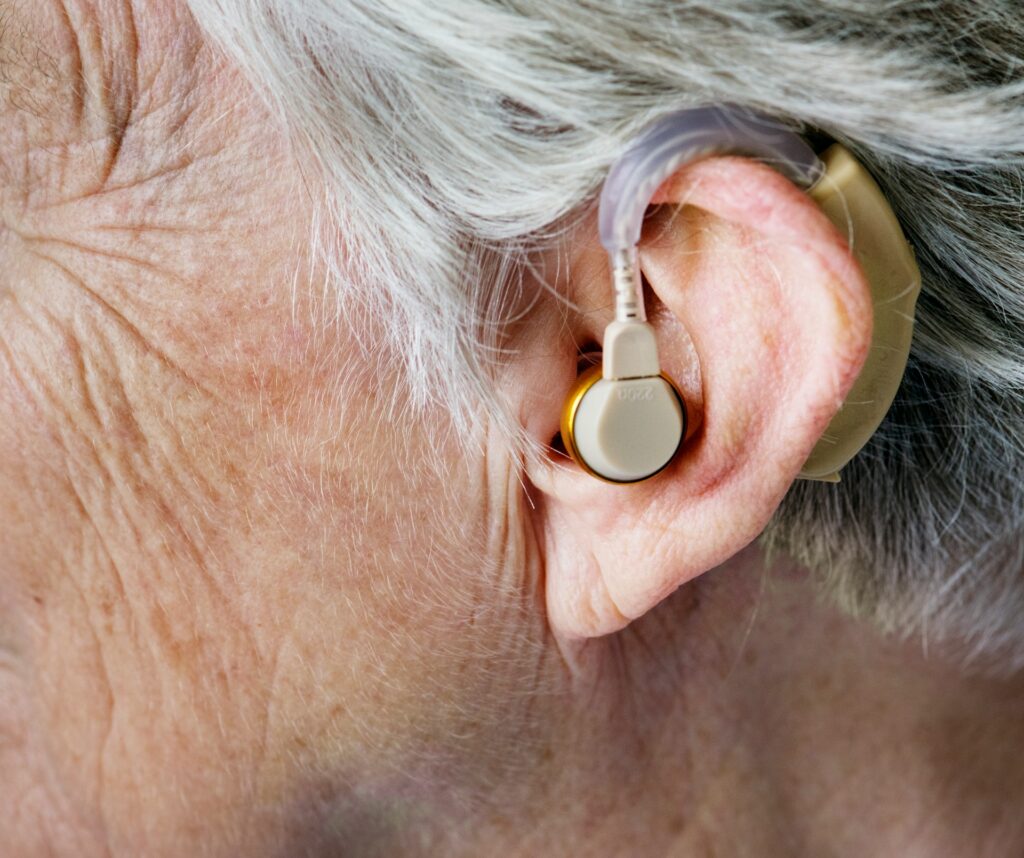Progressive hearing loss is one of the most common forms of hearing loss and can affect both children and adults. It is caused by a gradual decline in the ability to hear, usually due to damage to the inner ear or auditory nerve. It can range from mild to severe and can have a significant impact on a person’s ability to communicate, socialize, and perform daily tasks.
What Causes Progressive Hearing Loss?
Progressive hearing loss can be caused by a variety of factors. The most common cause is aging, which can be attributed to changes in the inner ear that lead to a breakdown of the hearing process. Other causes include exposure to loud noises, certain medications, ear infections, and genetic factors. In some cases, it can be caused by a combination of these factors.
How Do You Know If You’re Experiencing Progressive Hearing Loss?
In order to determine if you’re experiencing progressive hearing loss, it’s important to recognize the common signs and symptoms. These include difficulty understanding conversations, especially in noisy environments, a ringing or buzzing sound in your ears, and a feeling of fullness or pressure in your ears. If you’re experiencing any of these symptoms, it’s essential to see a doctor for a hearing test to determine if you have progressive hearing loss.
In addition to the common signs and symptoms of progressive hearing loss, there are other factors to consider. For example, if you’re having difficulty hearing even in quiet environments, it may be a sign of a more serious issue. If you’re having difficulty following conversations, even when you’re in a quiet room, it’s important to have your hearing tested right away. It’s also important to be aware of any changes in your hearing ability, such as if you’ve noticed that you’re having difficulty hearing certain frequencies or that your hearing has gotten worse over time. If you’re experiencing any of these changes, it’s essential to have your hearing tested and to discuss any possible treatment options with your doctor.
How to Address Progressive Hearing Loss
The first step in addressing progressive hearing loss is to get a thorough hearing evaluation. This should include a physical examination and a hearing test by a qualified audiologist. The results of this evaluation will help the audiologist determine the type and severity of the hearing loss and can help them determine the best treatment option.
Once the type and severity of hearing loss have been determined, the audiologist can recommend a course of treatment. This may include hearing aids, assistive devices, or other treatments. Hearing aids are the most common treatment for progressive hearing loss, but for some people, assistive devices such as FM systems, hearing loops, and personal sound amplifiers may be recommended.
In addition to treatment, there are other strategies that can help people with progressive hearing loss. These include avoiding loud noises, using hearing protection in noisy environments, and practising good communication strategies with family and friends. It can also be helpful to use visual cues, such as lip-reading and facial expressions, to better understand conversations.
Finally, it’s important to stay informed about hearing loss and new treatments. There are many resources available, including support groups, online forums, and websites that can provide helpful information about hearing loss and hearing aids. By taking the time to understand progressive hearing loss and the treatments available, you can take the necessary steps to address it and improve your quality of life.
Final Thoughts
Progressive hearing loss is a condition that can have a serious impact on a person’s quality of life. It is important for people to be aware of the signs and symptoms of hearing loss and to seek medical attention if they experience any of these. Early detection and treatment can help to prevent further deterioration of hearing and can help to ensure that the person is able to enjoy the best possible quality of life.
Treat your progressive hearing loss with the help of Country Hearing Care. We are a national hearing centre that provides ethical, client-centred care with a focus on ensuring the client is receiving the best hearing health service possible. Get in touch with us today!










